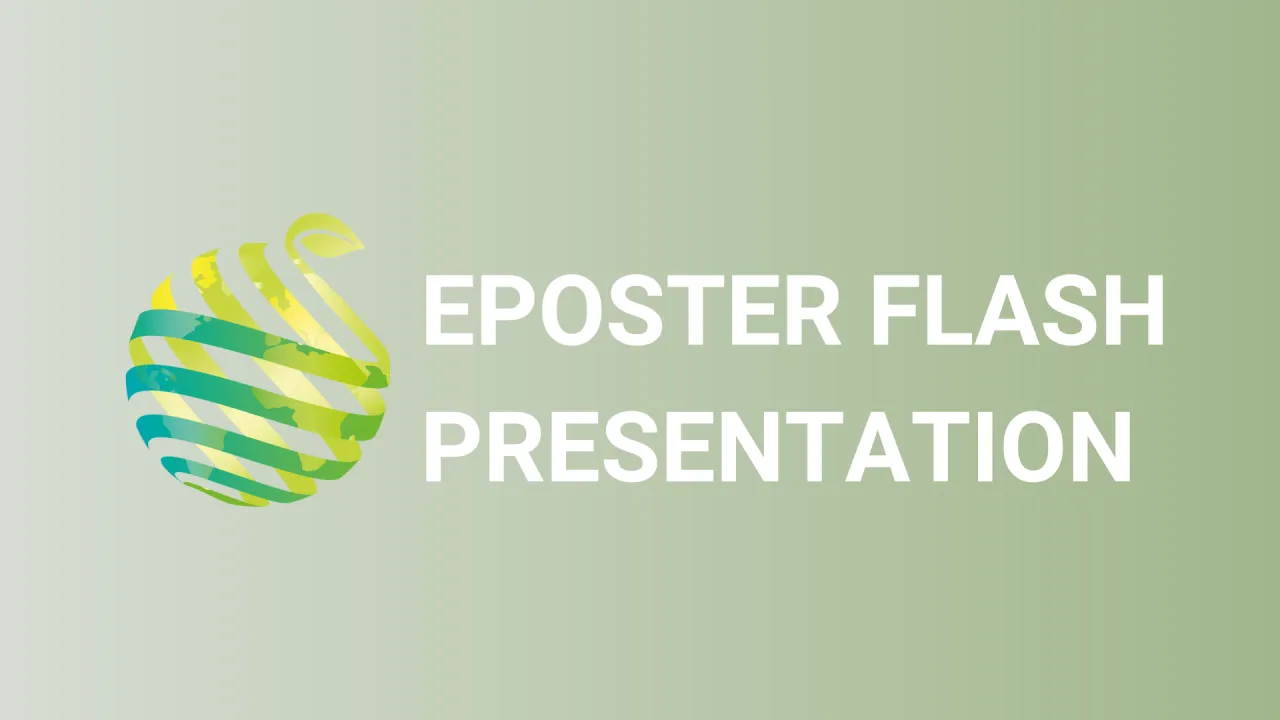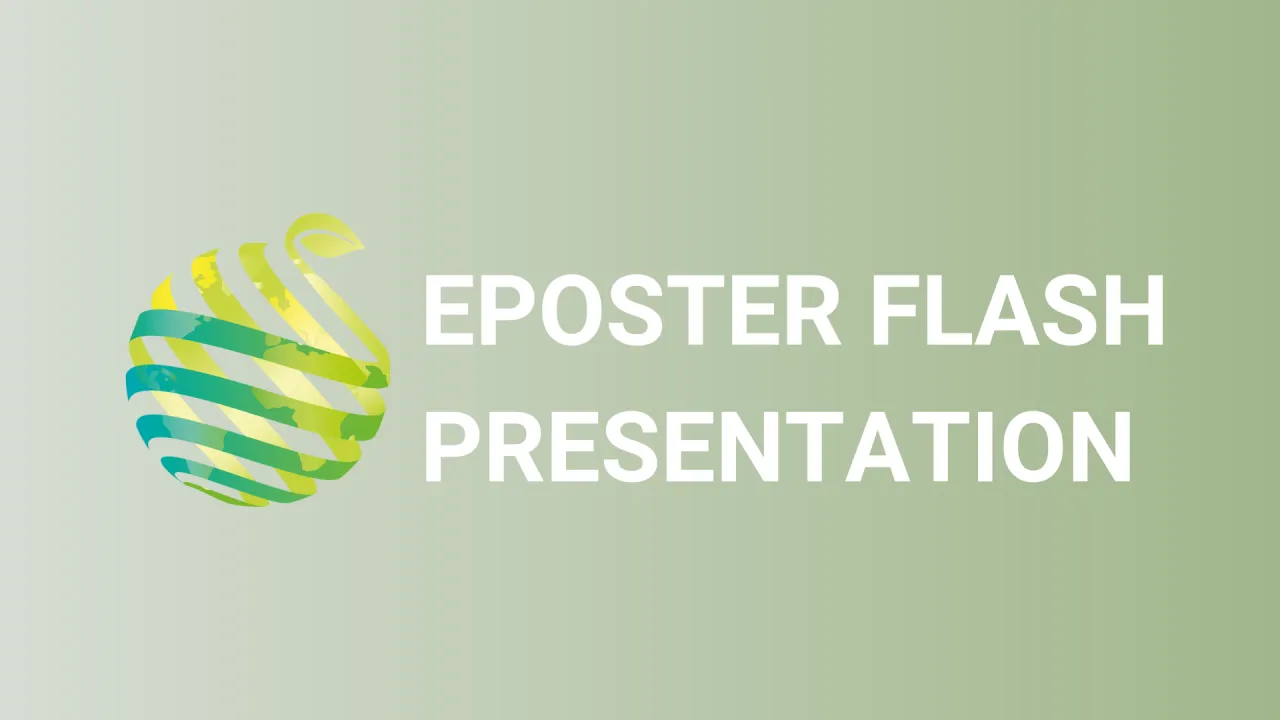

S12 - Session P3 - Growth development and water footprint assessment of nursery young olive trees (Olea europaea L. ‘Konservolea’) irrigated with urban treated wastewater
Information
Authors: Konstantina Fotia *, George Nanos, Pantelis Barouchas, Markos Giannelos, Aikaterini Linardi, Aikaterini Vallianatou, Paraskevi Mpeza, Ioannis Tsirogiannis
Application of urban treated wastewater (TWW) has been practiced globally as an alternative irrigation water source in areas where access to safe and abundant freshwater is limited. Water Footprint (WF) has been employed during the last two decades as a tool for the assessment of the sustainable management of water resources. TWW contains nutrients that could enhance plant growth replacing partially or even entirely fertilisers and thus reducing WF. On the other hand, the level of salts contained in TWW could negatively affect plant development. A study was performed in a greenhouse nursery on one-year-old young olive trees of a table olive variety ( Olea europaea L. 'Konservolea'). The Konservolea cultivar, one of the main table olive cultivars in Greece which is the second global table olives exporter, is also assigned as Protected Geographical Indication (PGI) product of Arta (Nortwestern Greece). It is closely linked to the local economy and it exhibits encouraging market prospects. The plants were grown in pots from May to October and were subjected to irrigation with municipal TWW. Plant development and biomass parameters, stomatal conductance, macro- and micronutrients concentration, chlorophyll, carotenoids, total phenolic and proline contents were measured in order to study the effect of TWW on plants' physiological status and growth. Additionally, a WF assessment was performed, distinguishing TWW from freshwater (blue water) resources in order to examine the possibility of minimising the environmental impact through the saving of freshwater resources and the reduction of water pollution by applying lower quantities of fertilisers. Although irrigation with TWW did not significantly enhance plants' growth compared to the control treatment, there was not observed any difference or negative effect in their development and physiological status. The WF assessment showed that application of TWW for irrigation can be a significant blue water saving measure. The conclusion is that TWW could be used as irrigation water source for young olive trees for at least a short period as a safe and sustainable alternate of blue water resources.